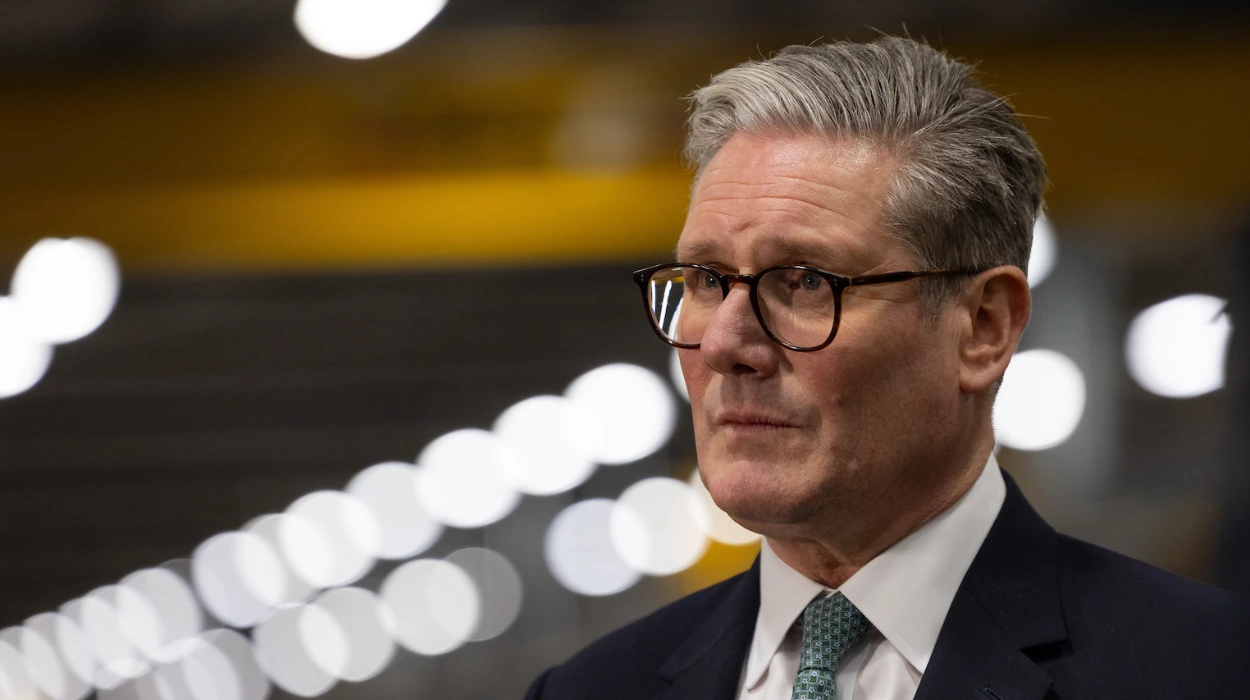UK (Parliament Politics Magazine) – UK PM Keir Starmer admitted failings over Labour’s welfare bill, accepted personal responsibility, and backed Rachel Reeves to remain as chancellor.
As reported by The Guardian, the prime minister admitted the government “didn’t get the process right” on its welfare bill and said he takes responsibility.
What did Keir Starmer say about the welfare bill chaos?
Following Labour’s last-minute U-turn on key welfare reforms, Mr Starmer said the government would take time to review the mistakes made.
He said,
“We didn’t get the process right. Labour MPs are absolutely vested in this. It matters to them to get things like this right, and we didn’t get that process right,
adding,
“We didn’t engage in the way that we should have done.”
The Labour leader accepted personal responsibility for the fallout from the welfare policy crisis. He voiced strong support for the chancellor after the Commons clash appeared to leave her in tears.
The prime minister insisted Rachel Reeves would remain in post for the general election and the years that follow.
Mr Starmer dismissed speculation over Ms Reeves’s emotional moment in the Commons, saying it “had nothing to do with politics.” He confirmed she would remain as chancellor for a long time.
The prime minister said Ms Reeves was not upset over the welfare bill U-turn. He added that he and the chancellor remained “in lockstep” on the issue.
He said,
“That’s absolutely wrong, it’s got nothing to do with politics, nothing to do with what’s happened this week. It was a personal matter for her. I’m not going to intrude on her privacy by talking to you about that. It is a personal matter.”
He ruled out raising income tax, national insurance, or VAT to address the £5bn shortfall, saying it would break a key manifesto pledge.
The Labour leader admitted the party had faced a tough few days but expressed confidence that Labour would emerge stronger.
The prime minister added,
“I’m not going to pretend the last few days have been easy; they’ve been tough. I’m the sort of person who then wants to reflect on that, to ask myself what do we need to ensure we don’t get into a situation like that again, and we will go through that process. But I also know what we will do, and that’s we will come through it stronger.”
When asked if he’d lost the support of Labour MPs, Starmer said “Absolutely not” and insisted his team was proud of what they’ve done this year.
Wes Streeting’s views on Rachel Reeves
Health Secretary Wes Streeting praised those showing support for Rachel Reeves, calling the kindness “deeply appreciated.” He said she would remain in her role as chancellor.
Mr Streeting described the chancellor as resilient and capable, commending her strength, courage, and sound judgment. He expressed confidence in her leadership, saying she would “bounce back.”
How did Labour avoid defeat on the welfare bill?
The welfare bill passed its second reading by 75 votes on 1 July, following a government U-turn that scrapped plans for deep cuts to personal independence payments. The clash exposed internal rifts between Number 10 and Labour MPs.
According to ministers, the government’s reversal on a major welfare reform to avoid defeat by rebel MPs will have long-term effects on its fiscal priorities.
The welfare U-turn initially sparked market jitters, but Keir Starmer’s renewed support for Rachel Reeves appeared to calm conditions.
Labour’s U-turns in the welfare bill
- Dropped PIP reforms for existing claimants after internal backlash
- Revised Universal Credit plan to protect current health-related recipients
- Pulled support for points-based PIP test amid anxiety and criticism
- Announced a ministerial review instead of a formal consultation
- The amendment led by rebels was withdrawn after late-night government concessions


